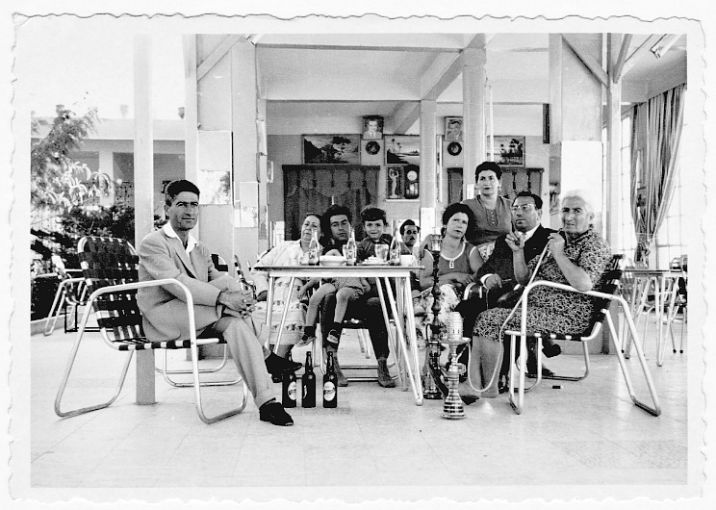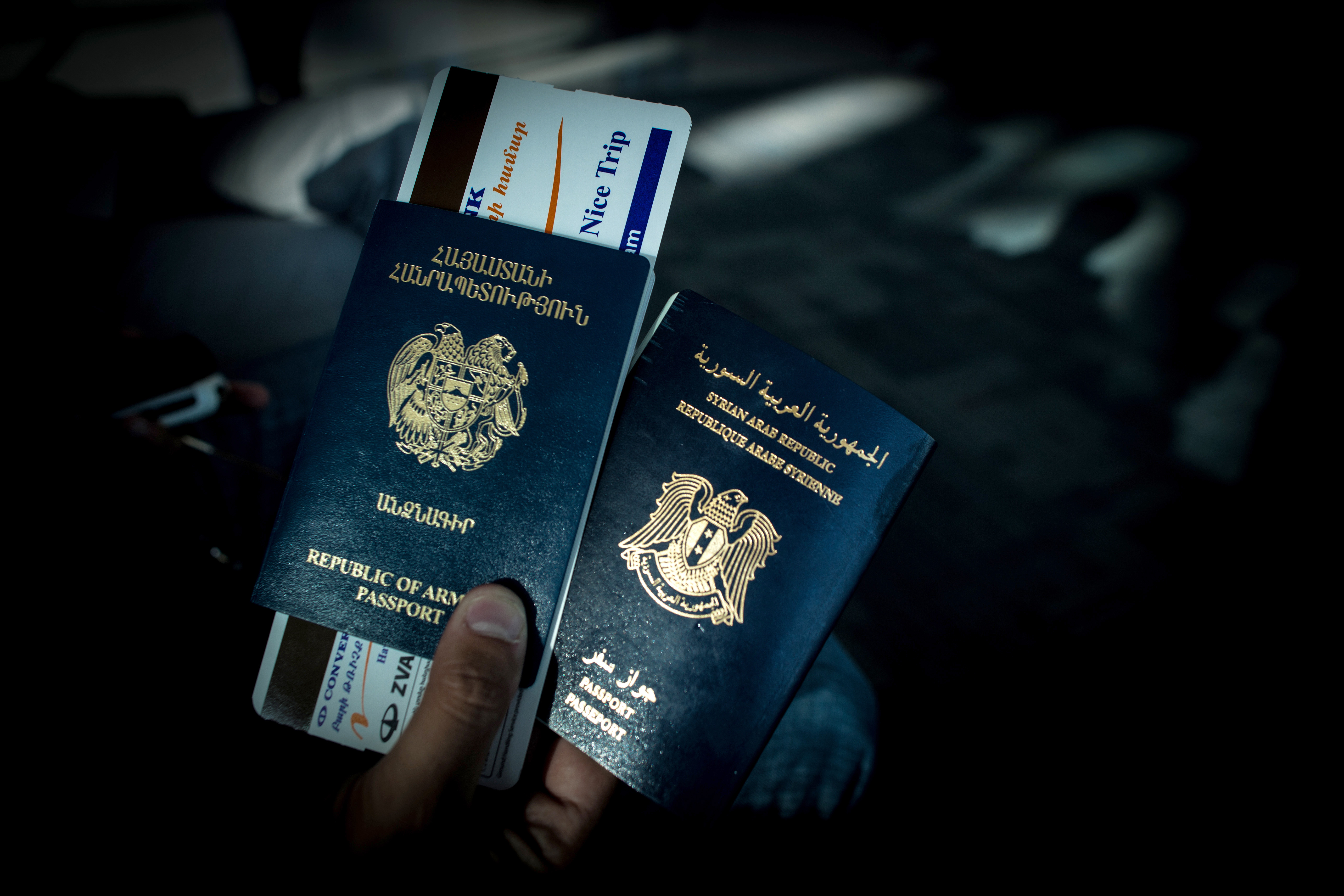
Pulitzer Center grantee Alia Malek's new book, The Home That Was Our Country: A Memoir of Syria, was featured in a New York Times review of two books offering personal accounts of Syria's civil war.
The review, by Eliza Griswold, another Pulitzer Center grantee, calls Malek's memoir "one of the finest examples" of the new testimonial writing borne out of the conflict and finally beginning to reach the rest of the world.
"Born in Baltimore to Syrian-American parents, Malek is a journalist and attorney who landed a job in the civil rights division of the Justice Department less than a year before 9/11. Unable to endure the political climate under President George W. Bush, she quit the United States for the Middle East, where she traveled and taught human rights for the better part of a decade. Her political and cultural fluency, as well as her deep familiarity with the landscape, allow her to become 'a human ear' as Svetlana Alexievich calls it, recording the tragic absurdities of daily life that give way to dark humor. On an earlier trip, she had visited southern Lebanon and toured a prison that was recently closed. Her guide, a former inmate, instructed the group's members to cover their noses and mouths, 'so as not to inhale the germs of diseases that he was convinced still lingered.' The disease that lingered, of course, was despair. She spotted a sign for the 'suffering yard'—suffering, she writes, 'was their translation for torture.'"
For her Pulitzer Center project, "Armenians: War, Exile and the Loss of Syria," Malek looked at the community of Syrian Armenians who first came to the country in the early 20th Century to escape the Ottoman genocide of their people. But with the onset of the Syrian civil war five generations later, the descendents of Syria's original Armenian refugees fled their country for a homeland they have never known—Armenia.
Malek's project explores the consequences of Syria's violence, from an unexpected angle. It allows us to contemplate pressing questions in the region: How do democracy, Islamic fundamentalism, and millennia-old multiculturalism coexist? Are ethnicity and religion a solid basis for a nation-state? As Turkey ascends regionally, can anything be learned from its Ottoman legacy? Where does a Diaspora belong? Which exile is the real exile? The story also provides an opportunity to see what is happening in Armenia as its lost tribes reassemble.
Her writing also appears in the Pulitzer Center's e-book, Flight from Syria: Refugee Stories.







